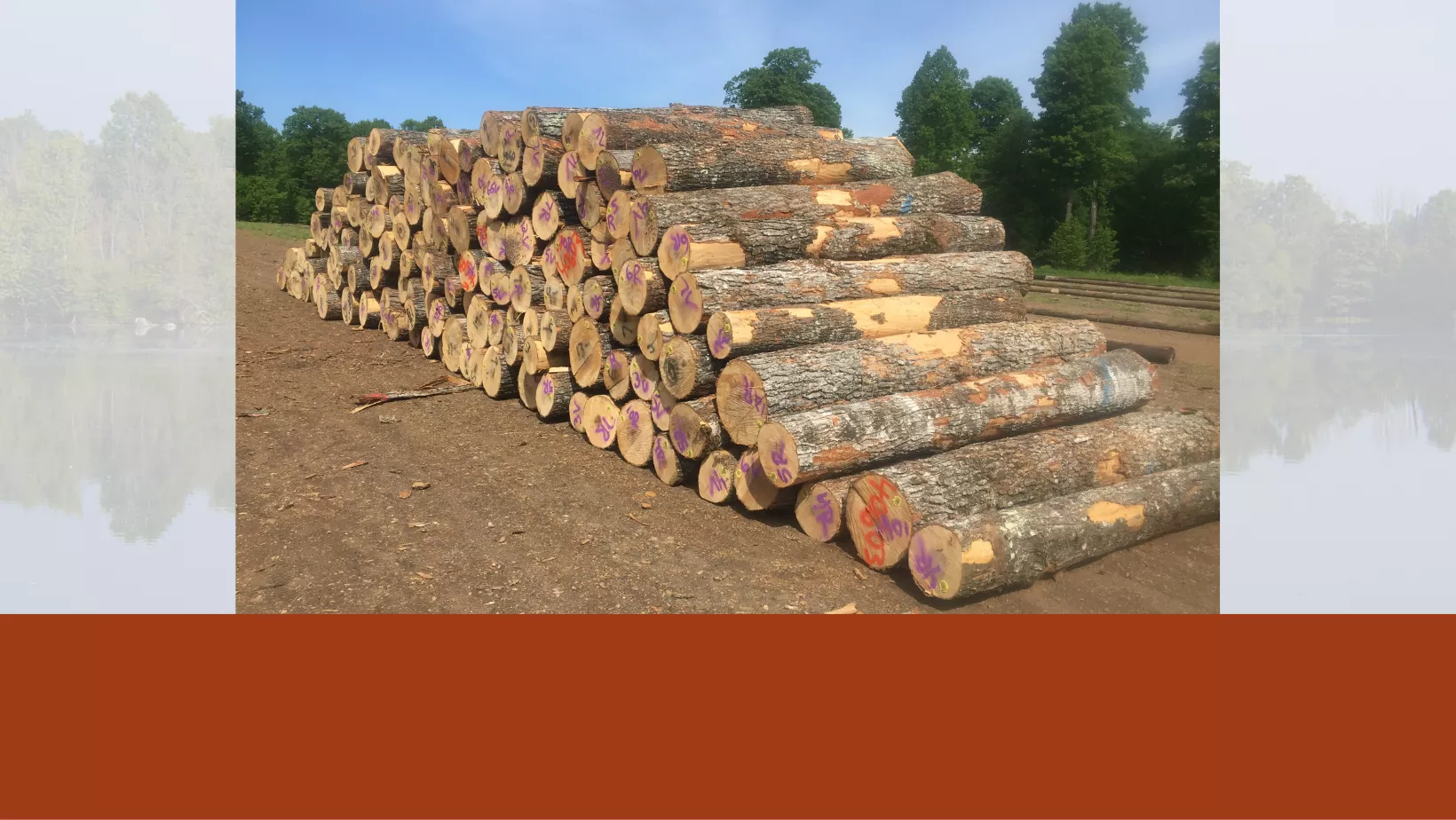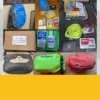What Are Log Scales?
Log scales are used to determine the volume (board feet, cubic feet, cords etc.) of product that can be sawn from a specific log.
Scaling is used for a variety of reasons: to determine the value of individual logs, estimate efficiency of mill operations, and applied to standing trees in forest inventory. There are many board foot log scales. The most popular are Doyle, Scribner, and International ¼”. Each scale has its benefits and drawbacks; regional custom usually dictates which scale is likely to be used.

Doyle Log Rule is based on the tree diameter at the small end of the log inside of the bark and the length. A few drawbacks to this scale are that Doyle does not allow for tree taper, overestimates slabs and edgings for small logs, and underestimates for larger logs.
Scribner Log Rule is also based on the tree diameter at the small end of the log inside of the bark and the length, but it uses a different formula to determine board foot volume. A few drawbacks to this scale are that Scribner does not account for taper in logs and therefore underestimates volume in longer logs.
International ¼” Rule assumes a taper of ½” per 4 feet of log length and is based on analysis of losses that happen when sawing logs into lumber. One drawback to this method is that it is not always the most accurate.
Which rule is best?
While International ¼” may produce the highest volume calculation, as we previously noted, it may not be the most accurate. The best rule is the one that most closely approximates the local log buyer’s operation. Too low of an estimate might leave money on the table, while too high of an estimate might lead to unrealistic expectations or scare away potential buyers. This is where a consulting forester comes into play. A consultant knows the local buying pool and can recommend the most appropriate scale for your standing timber.
At Steigerwaldt Land Services, we have decades of experience in evaluating Lake States timber. Leverage our deep bench of experts to maximize the value of your land.
– Scott Crum, Forester
– Mike Raichel, Inventory Manager







